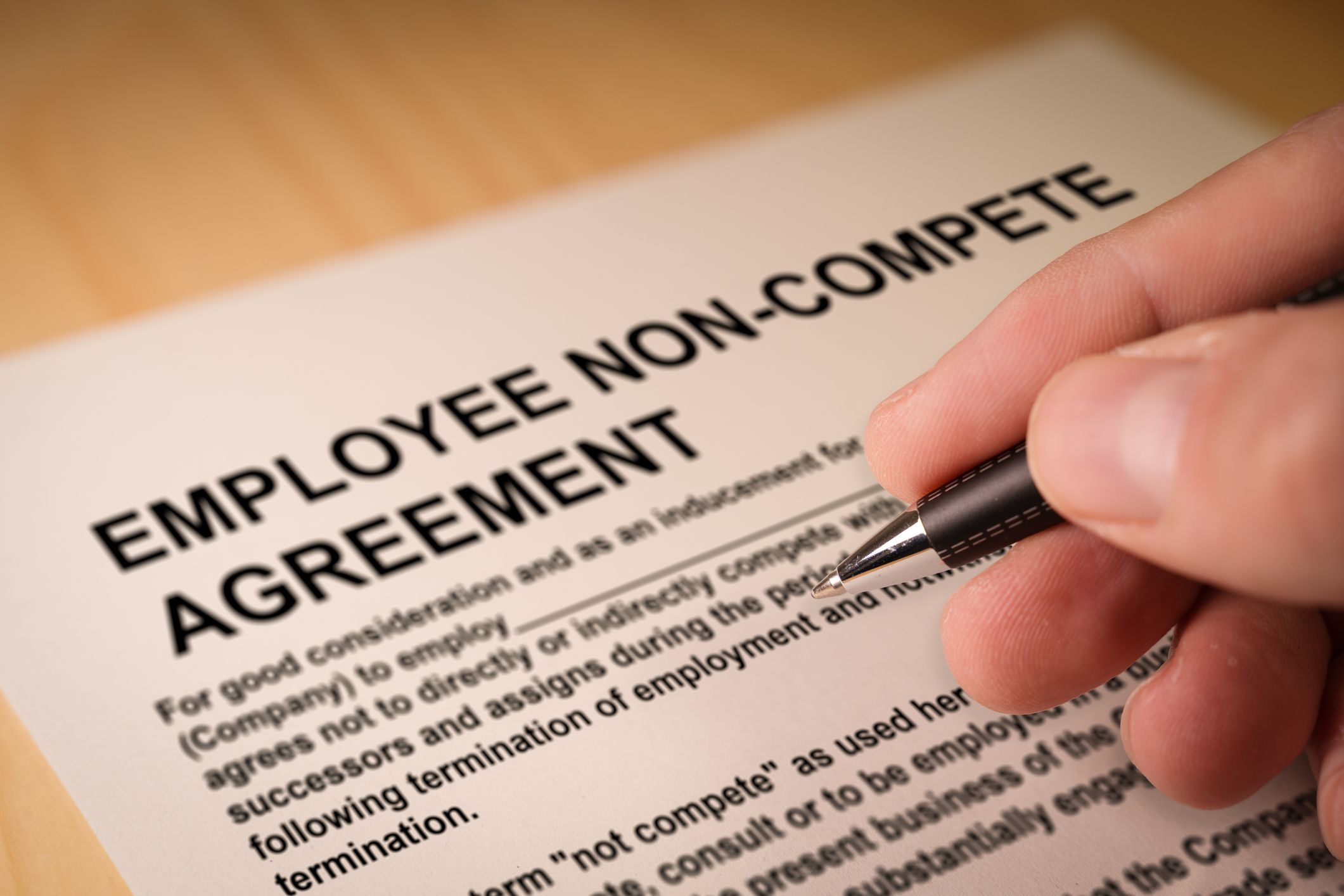When Is a Noncompete Agreement Enforceable?

A noncompete agreement is a contract by which an employee is bound not to enter into competition with a former employer. In New Jersey, these agreements have generally been enforceable if they meet specific conditions designed to balance the interests of employers and employees.
On April 23, 2024, the Federal Trade Commission issued a rule that, if it takes effect in four months as planned, purports to ban most noncompetes nationwide. However, the rule is being challenged in lawsuits claiming the FTC has overstepped its authority, and it will not be final unless and until the litigation is resolved.
New Jersey law currently requires that noncompete agreements must be reasonable regarding geography, duration and the scope of activity. They must also meet three key criteria: they must be limited to protecting the legitimate interest of the employer, they must impose no undue hardship on the employee and they must not be injurious to the public.
First, only the legitimate business interests of the employer are covered. This can include safeguarding trade secrets, confidential business information and customer relationships. The agreement should not extend beyond what is necessary to protect these interests. For example, it would be unreasonable for a noncompete to prevent a former employee from working in an unrelated field or in a geographical area where the employer does not conduct business.
Second, the agreement must not impose undue hardship on the employee. This assessment depends on the difficulty the employee would face in finding other work in their field and the reason they are no longer working for the employer. If a noncompete effectively prevents an individual from finding employment or if the employee was terminated without cause, the agreement could be deemed overly restrictive and thus unenforceable.
Third, the noncompete agreement must not be injurious to the public. Courts will consider the demand for services in the field impacted by the agreement and the effect that restricting the individual would have on the availability of those services. If enforcing the noncompete would harm the public interest by creating a shortage of services or limiting competition, the court may decide against enforcing the agreement.
There are legal avenues available for former employees to challenge noncompete agreements if they believe these are unfair or violate state law. One such option is filing an emergency action to seek relief from the agreement, especially if the former employee faces immediate harm, such as losing a job offer due to the noncompete clause. Additionally, an employee alleging wrongful termination can sue for monetary damages, including back pay and front pay, as compensation for the unfair restriction on their ability to earn a living.
Prospective or current employees should seek legal advice before signing a noncompete agreement. An experienced New Jersey noncompete agreement lawyer can scrutinize the document to ensure it complies with state law requirements. Moreover, an attorney can determine whether the agreement is supported by sufficient consideration, such as financial incentives like pay or bonuses, which are necessary for the noncompete to be valid and enforceable.
If you’re being asked to sign a New Jersey noncompete agreement or you face having an existing agreement enforced against you, the office of Kevin T. Kutyla, Esq. In Succasunna is ready to fight for your rights. Call 973-940-8970 or contact me online to schedule an appointment.
